The events depicted in the Bible may have happened thousands of years ago, but human tastes have remained constant across the centuries. Indeed, biblical figures enjoyed some of today’s best-loved meals and ingredients. Here are 19 biblical foods that we still eat daily.
Fish

The story of Jesus feeding his followers with bread and fish is one of the Bible’s most famous tales. Modern fish only multiply by breeding, but that doesn’t stop them from being a popular food. According to the WWF, more than 3 billion people eat seafood on a regular basis.
Salt

Salt is a great addition to many dishes, although some choose to avoid it for health reasons. The mineral makes many appearances in the Bible, most dramatically in the Old Testament – Lot’s wife is turned into a pillar of salt for disobeying God, but don’t let that put you off this yummy ingredient.
Eggs

Eggs are a great source of protein for vegetarians, partly because they can be prepared in so many different ways. Poached, fried, or baked in a cake, eggs are so popular that even the Bible refers to them. Many of these references are metaphorical, but this food still has many egg-cellent practical uses!
Garlic
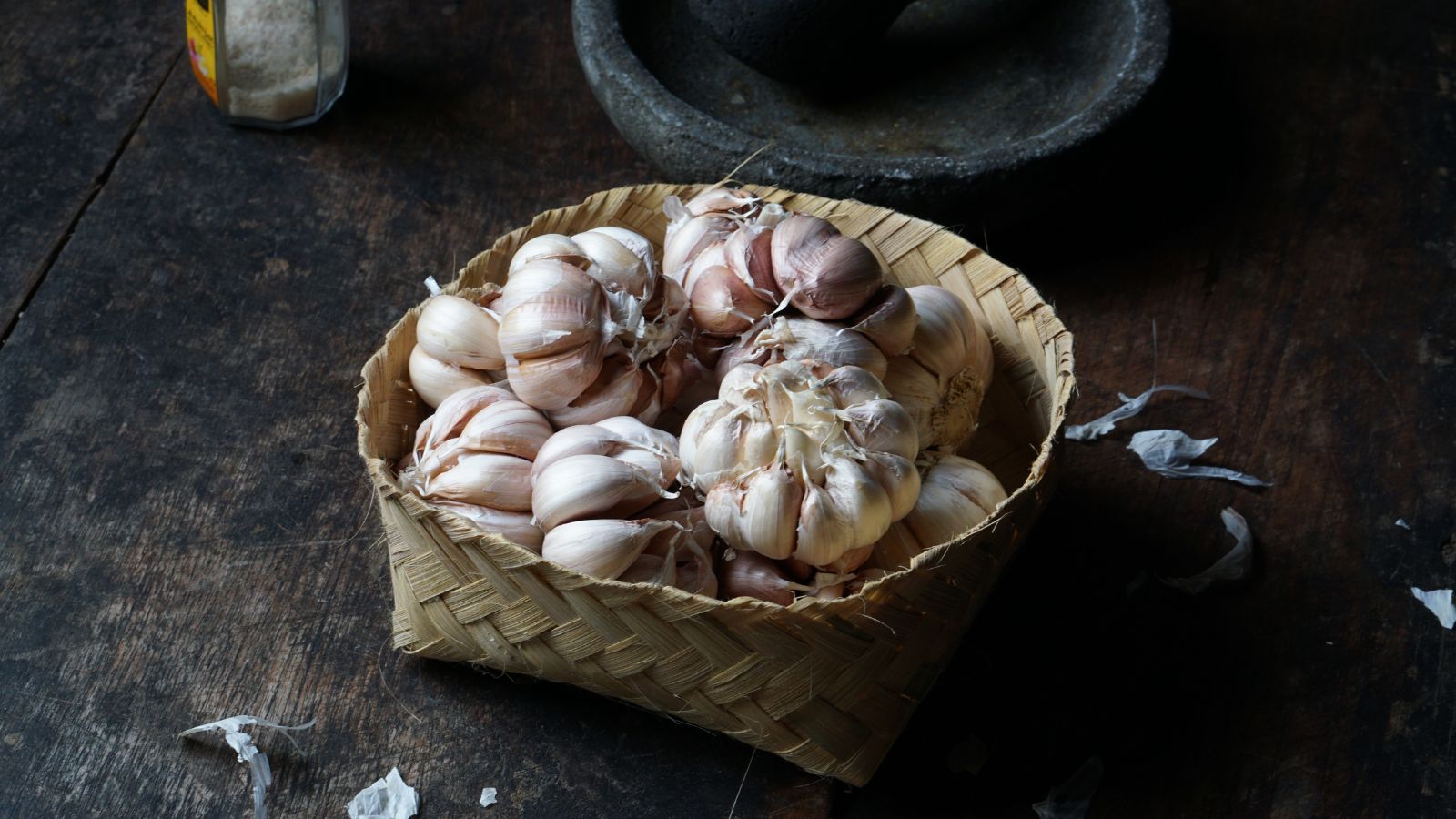
Long before garlic earned a reputation as a vampire repellant, it was mentioned in the Bible. Nowadays, people can’t get enough of the stuff, with garlic bread being an enduringly popular (if not exactly healthy) snack. Times change, but tastes don’t.
Butter

While the BBC rightly points out that butter contains saturated fat, it remains popular for spreading, frying, and baking. It’s also mentioned throughout the Bible – in Judges, a woman gives a man butter before killing him. Cholesterol may be bad, but at least butter isn’t the death sentence it once was!
Pistachios
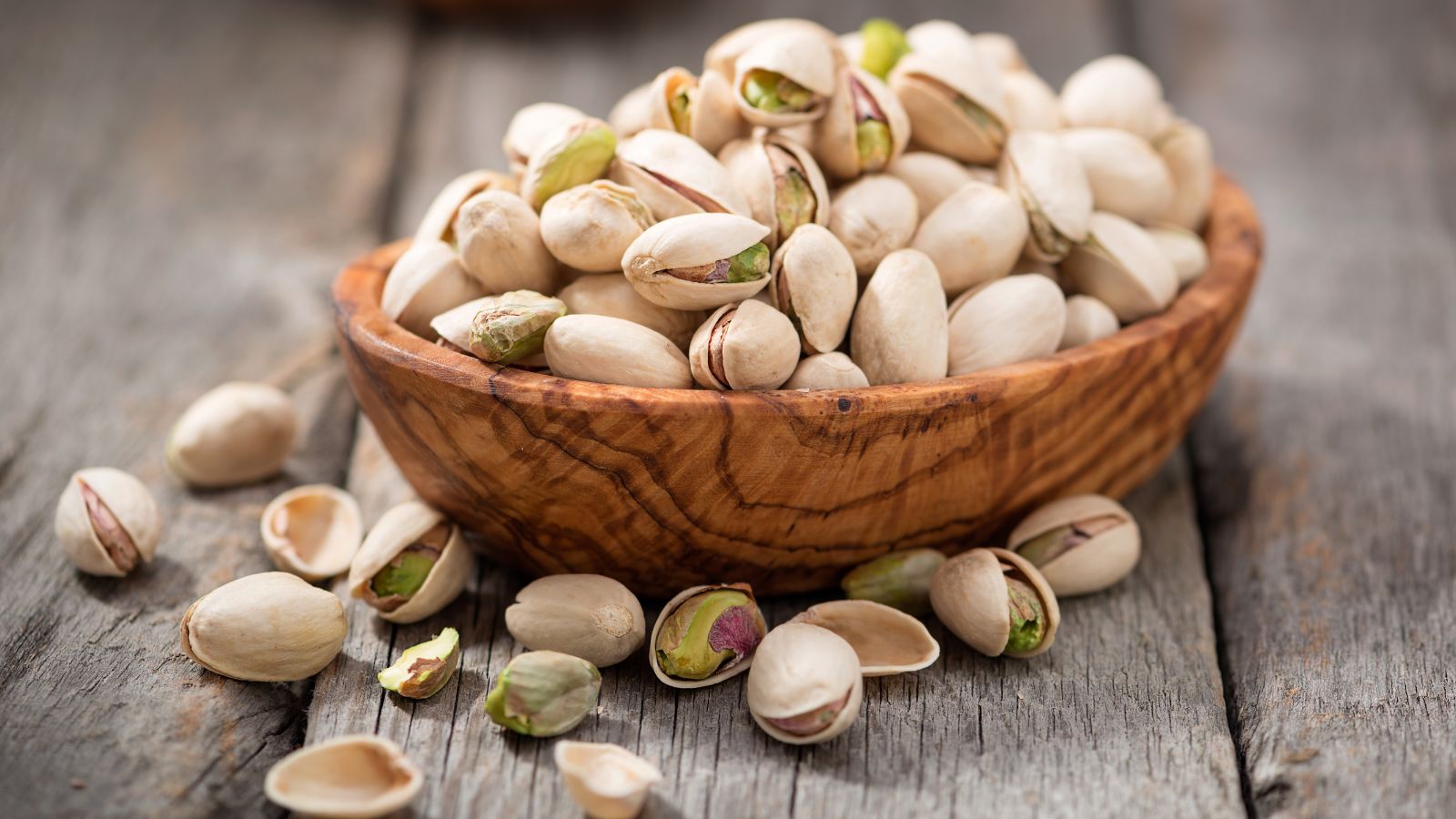
Pistachios may seem trendy, but people have been nuts about them for centuries. Travelers took pistachios with them during one of their journeys to Egypt, as depicted in Genesis. Little did they know that their descendants would one day turn this iconic nut into one of the world’s tastiest ice cream flavors!
Almonds

Almond milk is very popular, especially among health fanatics and young people. However, not everybody knows that almonds have been eaten for millennia. In the Old Testament, the almond tree often represents Israel or is used to punish those who defy God.
Lentils
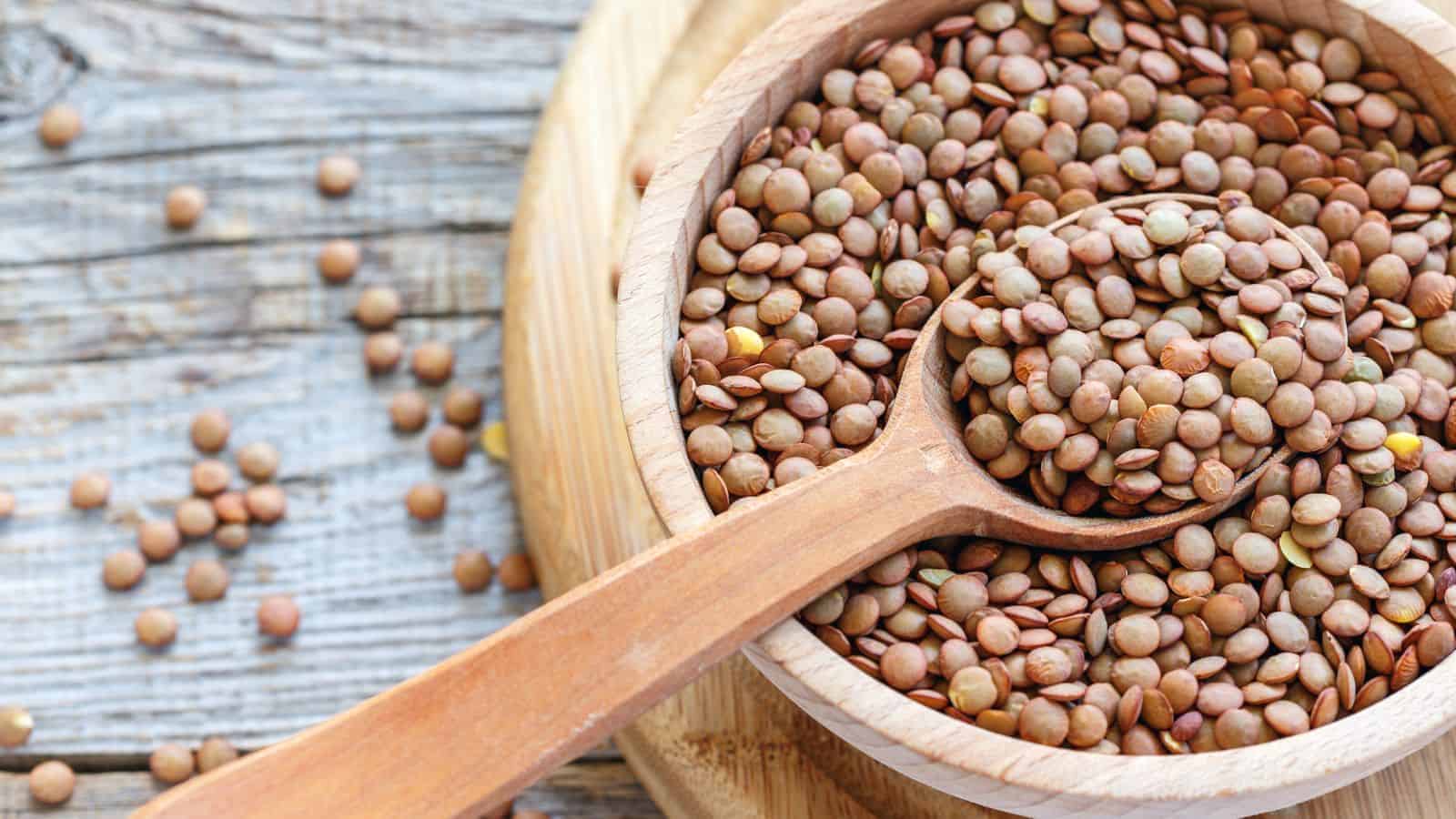
Lentils are high in protein, fiber, and antioxidants, so it makes sense that they’re enjoyed around the world. They’ve also been eaten throughout history, even in biblical times. Lentils are mentioned several times in the Bible, including in Ezekiel and in the Books of Samuel.
Onions
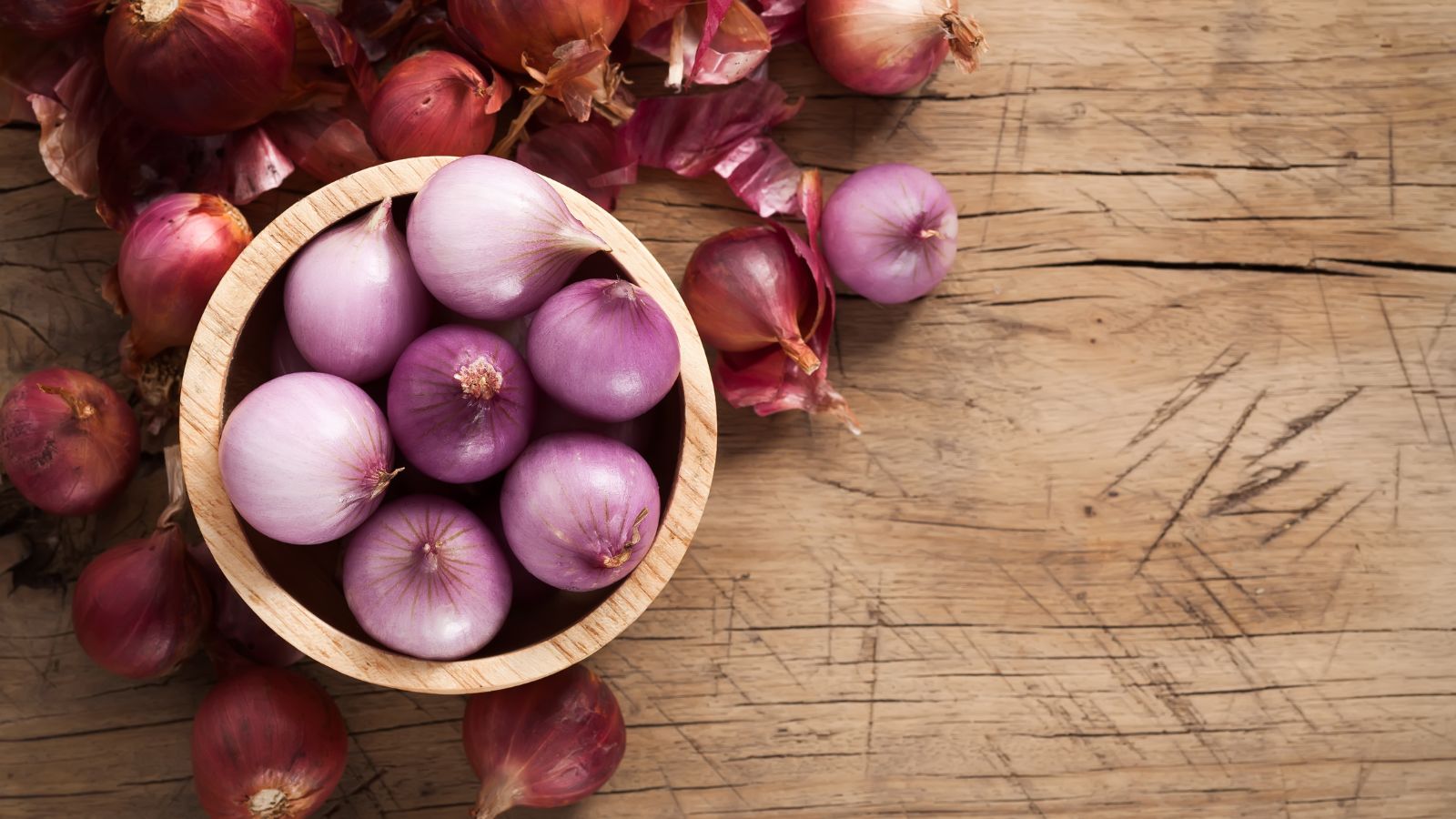
Onions are a key ingredient in one of the world’s most amazing cuisines: French cooking. Yet centuries before anyone invented French onion soup, biblical figures were using this endlessly useful vegetable. We can only imagine that their eyes watered when they sliced onions, too!
Cucumbers
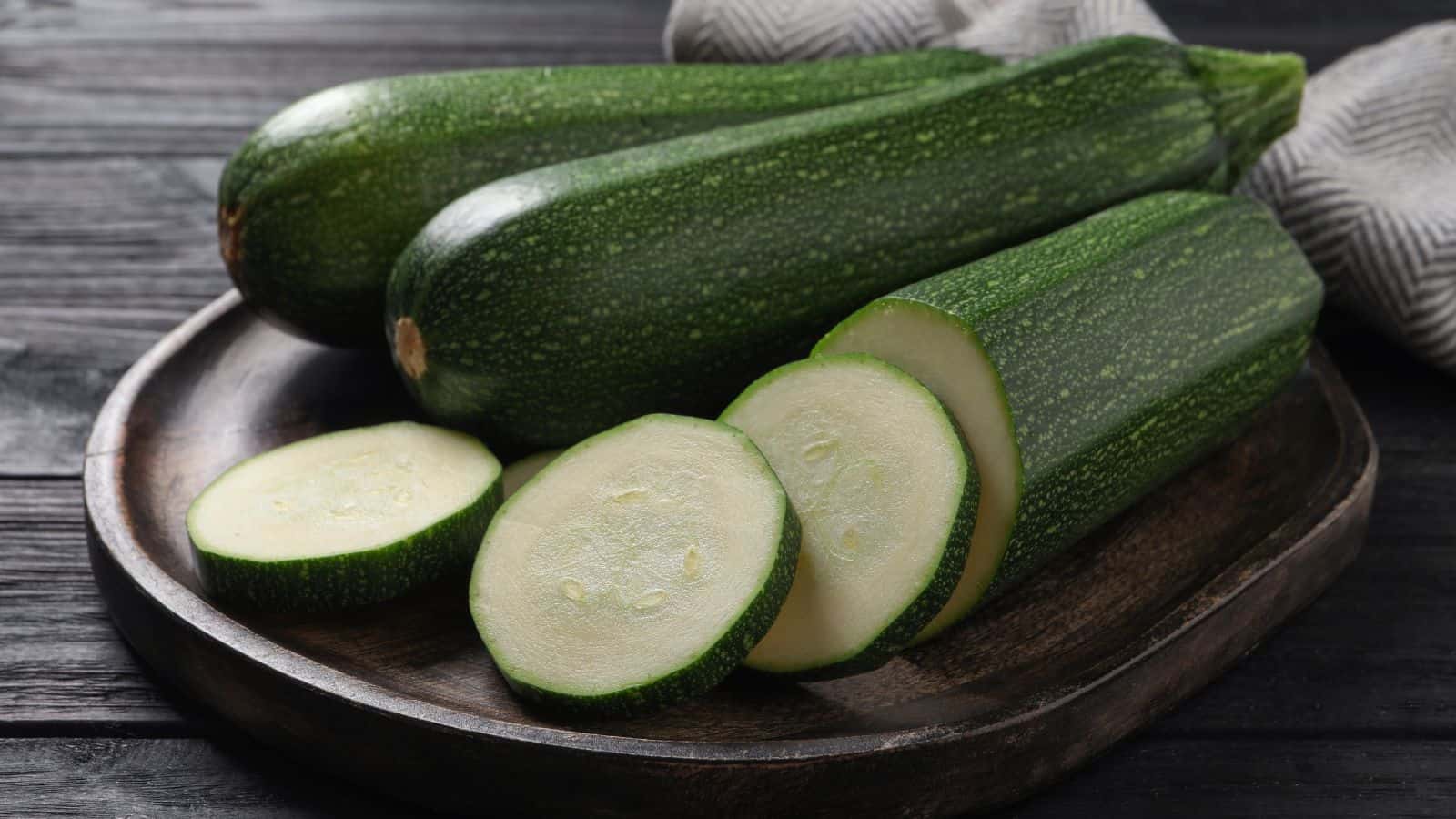
Everyone loves a cucumber, they’re a great way to add some much-needed crunch to a lunchtime sandwich or they can be pickled for an acidic twist. Cucumbers were also enjoyed in the Bible, as they are mentioned in the Old Testament as a vegetable eaten in Egypt.
Stew

Stew is a staple in many cultures, all of which have their own takes on this hearty dish. Perpetual stews can keep people fed for weeks or months, as the CBC reports. None of these long-term stews have endured since biblical times, but more temporary versions do make an appearance in the Bible.
Beans
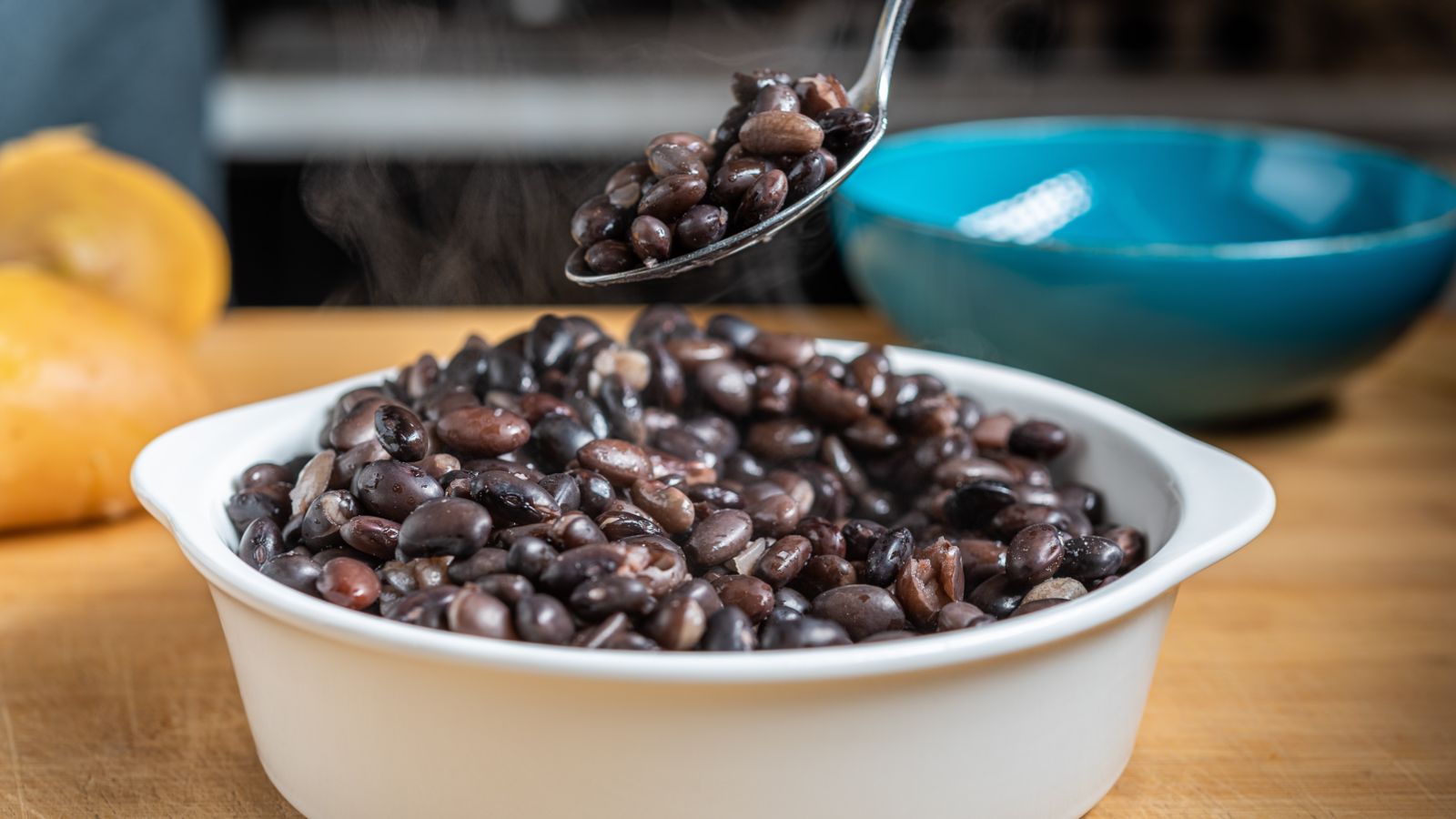
Americans love to gently mock the British fascination with baked beans, but related legumes have been eaten for millennia. They’re even referred to in the Bible’s Books of Samuel and Ezekiel. Even thousands of years ago, people clearly recognized the health benefits of this high-protein food.
Bread

Bread is one of the Western world’s most popular carbohydrates, thanks to its many uses and great taste. Bread also plays a pivotal role in the Bible. God instructed the Israelites to eat only unleavened bread during the Passover – this was to commemorate how the people had made a hasty escape from Egypt.
Lamb

Lamb may not be as common as beef or pork, but it’s a great lean alternative to other meats. It was also eaten in the Bible. This makes sense, as lamb is part of the famous Mediaterian diet, which contains many foods that would have been popular in biblical regions.
Honey

The Bible describes the Promised Land as a place full of milk and honey. This description impresses the figures in the Old Testament, suggesting that they too enjoyed eating this sweet treat. Today, honey is used as a sweetener due to its health benefits and antibacterial properties.
Olive Oil

Olive oil is renowned for its health benefits; Harvard Medical School discusses its antioxidant and anti-inflammatory effects. It’s unsurprising that olive oil is mentioned in the Bible, as olives are grown throughout the Mediterranean and Middle East. Nor is it just a healthy food, as the Bible uses it to represent purity and divinity.
Cheese

Biblical figures are never more relatable than when they’re eating cheese, a food that earns several mentions. This melty treat is a staple of U.S. cuisine, and we wouldn’t have it any other way. Parts of the Bible may provoke debate, but everyone can agree that cheese is one of life’s pleasures.
Apples
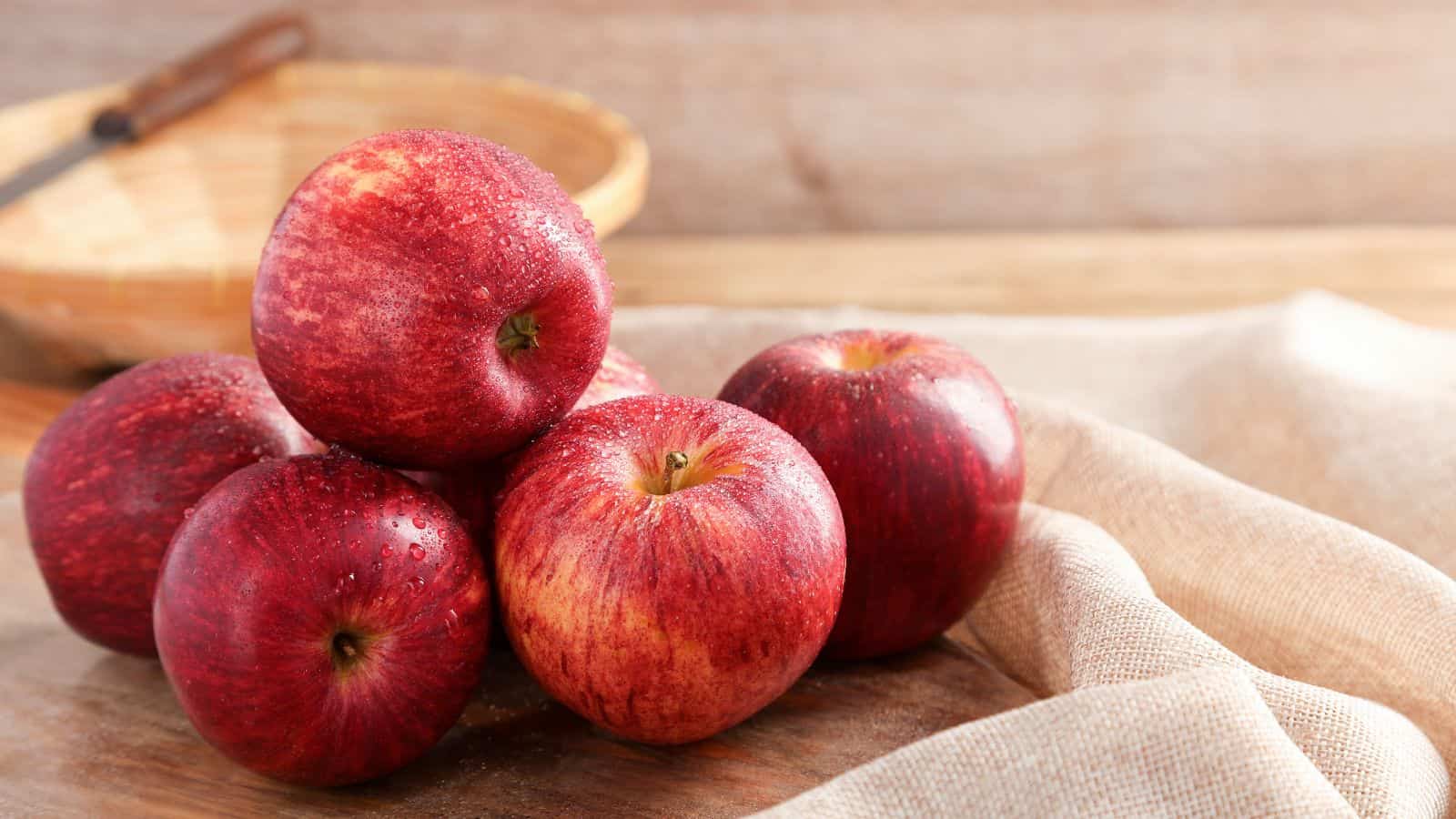
An apple is often (probably inaccurately) blamed for Adam and Eve’s fall from grace in the Garden of Eden. However, there are more concrete references to the fruit in biblical literature. The Song of Solomon refers to the refreshing taste of apples, suggesting that they were as good then as they are today.
Mint

Mint is a popular flavoring used in both sweet and savory dishes. It’s clear that the people of the Bible felt the same way, as mint is referenced on several occasions. For example, the Book of Matthew mentions the tasty herb which grows in Middle Eastern countries like Palestine.
Up Next: 17 Things Most People Forget After Someone Dies

When a person dies, it’s easy for their partner or family members to overlook things while they process shock and grief. Despite the pain of losing a loved family member, it’s important to remember to organize these 17 things to prevent problems later on.
17 Things Most People Forget After Someone Dies
17 Phrases Confident People Use to Stand Up For Themselves

Confidence is a healthy and attractive trait that helps us stand firm in our values and set healthy boundaries. We can always become more confident, and learning the right ways to stand up for yourself is a great way to start. Here are 17 phrases you can use to do so.
17 Phrases Confident People Use to Stand Up For Themselves
20 Signs Someone Is Only Pretending to Care

Whether it’s to avoid hurting your feelings or if it’s part of a more elaborate plan to deceive you for benefits, people pretend for many reasons. The main theme with them, though, is that their actions never match the sugar-coated words that come out of their mouths. So that you don’t fall for someone like this, we’ve compiled 20 signs for you to look out for.

